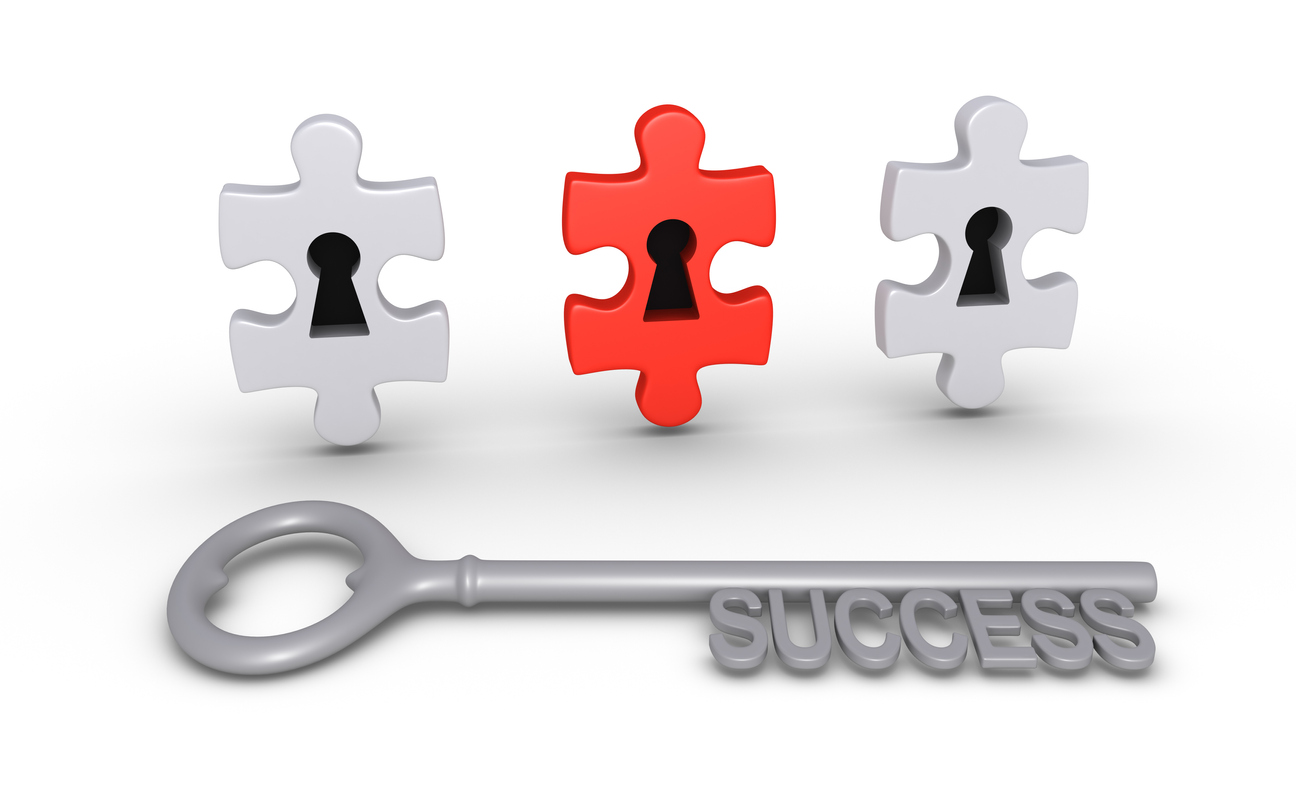In today’s fast-paced world you are often required to respond quickly with a strong sense of urgency. Despite the vast and easily accessible information available, there’s a danger that over analysis can lead to indecisiveness and stalled decision-making. Thus, in a world where speed of decision can often become the greatest differentiating factor, successful leaders have learned to value their inner sense of knowing—a knowing called intuition.
One of America’s top companies to work for, The Container Store, lists intuition as one of its six founding principles. The principle states, however, that “Intuition does not come to an unprepared mind. You need to train it before it happens.”
Webster defines intuition as an ability to know something without conscious use of reasoning. Some call it gut instinct, some call it judgment, some call it wisdom, and some call it an inner knowing. Others simply call it what it is—intuition.
Scientists say that the mind continuously processes information that you are not consciously aware of. They also point out that the brain is intricately linked to other parts of the body via the nervous system and chemical signals. As a result, neuroscientist believe that the mind is actually a combined, intricate system of brain and body, which may explain why intuitive feelings are often linked to physical feelings—a sensation of body chills or a queasy feeling in one’s stomach—often referred to as a “gut feeling.”
 Ann Hambly, founder and president of 1st Service Solutions, believes that intuition begins with an ability to have an awareness naturally of what is going on around you. “There are people in the world who will walk down the middle of the grocery store aisle with their cart in the middle of the aisle who seem to have no awareness that other people are trying to move down that same aisle,” she says. “I don’t know if it all falls in this category, but I think being aware of the signals around you and following those things that present themselves is what intuition is about. It’s a combination of awareness, common sense and your own gut feeling.” Hambly admits that at times she has gone against her intuition and relied on other things and talked herself out of the gut feeling. “One wasn’t easily correctable,” she laments. “I was stuck with it for a long time.”
Ann Hambly, founder and president of 1st Service Solutions, believes that intuition begins with an ability to have an awareness naturally of what is going on around you. “There are people in the world who will walk down the middle of the grocery store aisle with their cart in the middle of the aisle who seem to have no awareness that other people are trying to move down that same aisle,” she says. “I don’t know if it all falls in this category, but I think being aware of the signals around you and following those things that present themselves is what intuition is about. It’s a combination of awareness, common sense and your own gut feeling.” Hambly admits that at times she has gone against her intuition and relied on other things and talked herself out of the gut feeling. “One wasn’t easily correctable,” she laments. “I was stuck with it for a long time.”
If, in fact, the intuitive process is natural and useful, then when combined with practicality and facts, it can be very helpful in situations where quick decisions are imperative. It can actually quicken your decision process. Or, as one CEO put it, “Speed is very important in business; you can get paralyzed by overanalyzing things. I think intuition allows you to see a train wreck coming—it allows you to push people in the right areas. You might not have all the facts, but you are right more than you’re wrong.”
When you bring all your experience, your knowledge, the mistakes you’ve made, what you’ve learned in the past and what you’ve seen other people do—self awareness and external awareness—all those things into play, that leads to intuition.
In today’s ever changing, rapidly paced world, intuitive decision making may well become the differentiating factor for you to compete successfully. So, ask yourself these questions to see just how intuition is helping to give you a leading edge:
- Do you consider yourself intuitive?
- What words do you use to describe intuition?
- How comfortable are you with trusting your intuition?
- Have you ever experienced a gut feeling that you have ignored and it later proved you to be right?
- Do you operate with tunnel vision, or do you have a keen awareness of all that is going on around you?
- Does practicality get in the way of your natural intuition?
- What could you do to increase your intuitive awareness?
- When you reflect on past decisions, what might you learn from them about the power of intuition?
Why not let the power of intuition work for you to achieve greater success? After all, it seemed to work fine for Albert Einstein who credited his theory of relativity to “a flash of intuition.”







